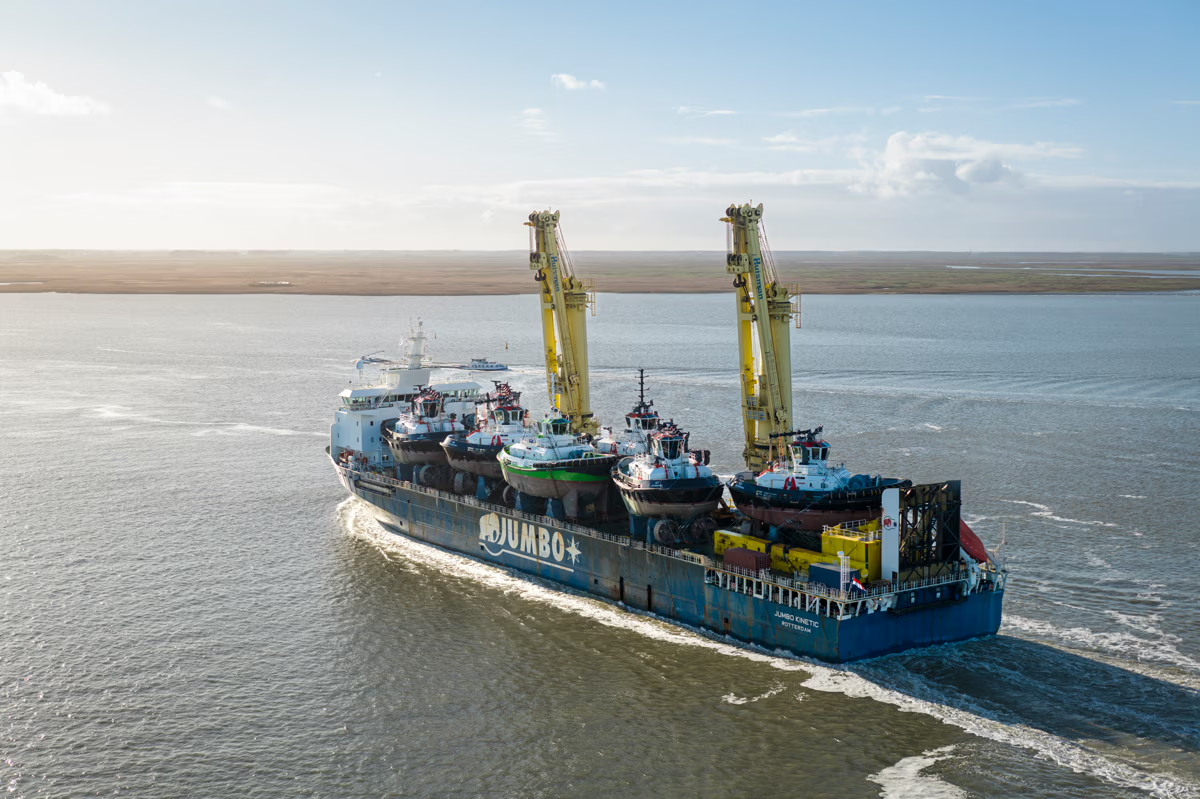On January 31, 2014, the EU Committee on the Environment, Public Health and Food Safety, issued report on the proposal for the regulation on the Monitoring, Reporting and Verification(MRV) of carbon dioxide emissions from maritime transport amending Regulation (EU) No 525/2013.

This Regulation provides an opportunity for a European wide approach for MRV of both GHGs and air pollutant emissions from the maritime sector. Such an approach will permit Europe to develop emission reduction policies for the maritime sector in the near future consistent with the overall climate, air pollution and human health protection policies.
There is therefore the need to broaden the scope by including the MRV of NOx emissions additionally to those of the CO2. Both CO2 and NOxmaritime emissions are increasing significantly, causing important climate forcing.
Similarly to the MMR Regulation EU No 525/2013 concerning the aviation sector, an assessment of the environmental impacts of maritime transport on the global climate is proposed by amending the MMR Regulation.
The Commission, based on this assessment, should address the environmental impact of maritime emissions such as PM, BC and CH4, as well as other activities that lead to emissions of air pollutants and GHGs, i.e. use of refrigerants by fishing boats, and evaporative emissions from loading-offloading of fuels and bulk goods (e.g. VOCs, PM).
The Commission has proposed to limit the scope of the Regulation to ships above 5000GT. In order to improve the coverage of emissions and to create coherence with other international rules such as those defined in MARPOL Annex VI, the scope should be extended to all ships above 400GT. Since this limit has also been put forward in discussions at the IMO, it would align the EU rules with a likely future international framework.
While it is important to ensure that this Regulation covers maritime emissions as coherently as possible, it is also of crucial importance to focus on the essentials and to limit the implementation costs and the administrative burden. Likewise, companies should not be obliged to publish information which is business sensitive and potentially misleading.
Thus the rapporteur proposes to exclude transport work from the other climate relevant information as it is not related to the measurement of emissions. The maritime market has already – due to the high cost of fuels – very high incentives to increase its energy efficiency and the energy efficiency of the transport work in real life is a much more sophisticated issue, which cannot be determined without knowledge of the specific market circumstances that dictate the decisions of the ship owners and operators. Without the knowledge of the available cargos, their mass compared to their weight, the weather conditions, the relevant prices, the geographical and other limitations, the timeframe of the delivery etc, the real energy efficiency of a voyage and its impact to social welfare cannot be determined.
On the contrary the partial eponymous publication of such information may misinform the public on the real energy efficiency and create unnecessary disputes.
Read the amendments regarding MRV regulation by clicking at European Parliament’s website
Also read
New EU-wide system for the monitoring, reporting and verification of shipping emissions
Maritime transport: first step to reduce emissions
Reducing emissions from the shipping sector
In the start, I was frank with you propecia before and after has changed my existence. It has become much more fun, and now I have to run. Just as it is incredible to sit.

























































